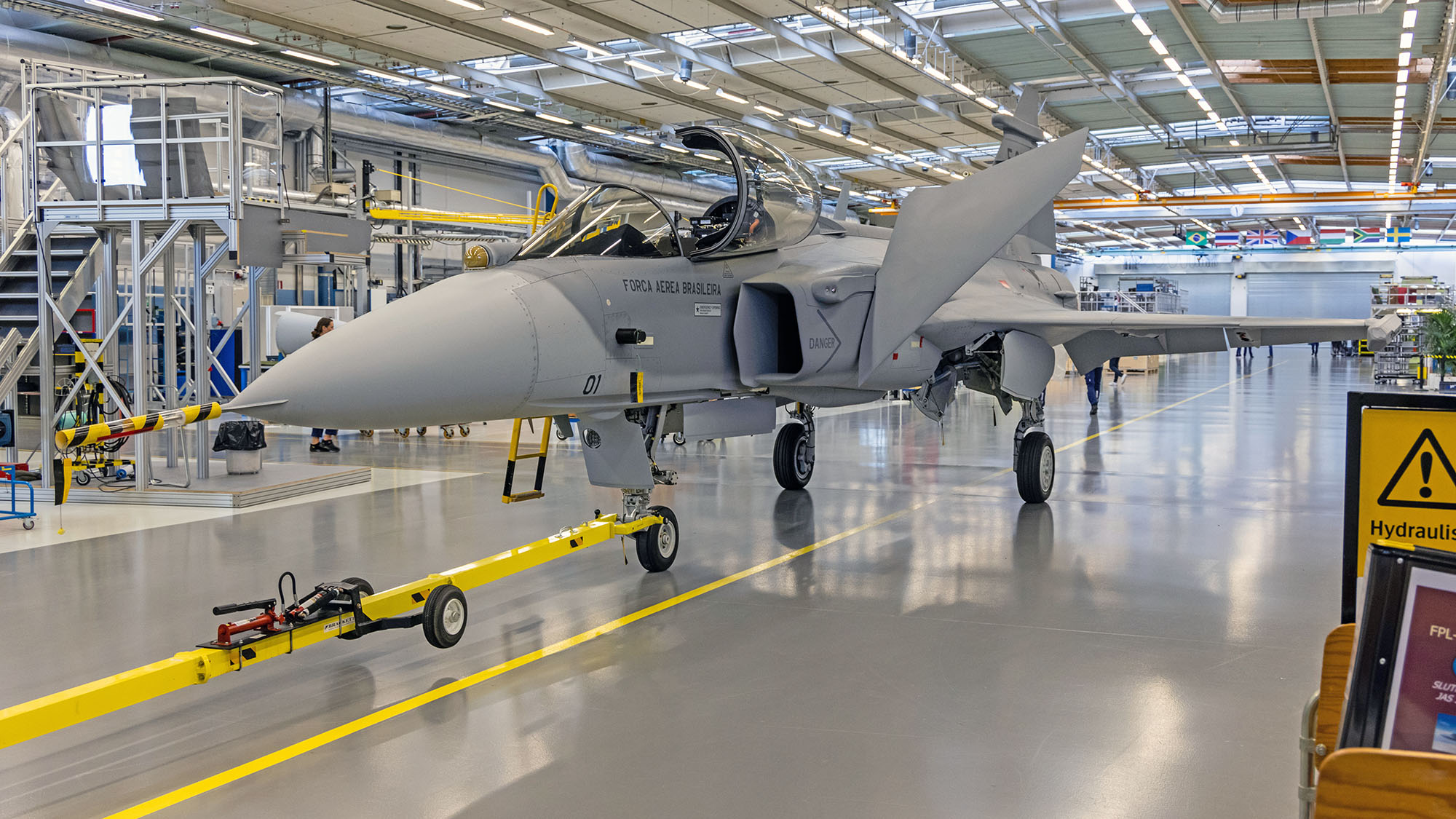The competition with China is forcing Washington to be more proactive in the region.
By: Allison Fedirka
The U.S. and Argentina have had a complicated and often sour relationship over the past 50 years. The U.S. backed violent political repression in Argentina as part of Operation Condor and surprised Buenos Aires by backing the British in the Falklands War. It also imposed the Washington consensus on Argentina, an economic order the U.S. advocated to bring the region in line with U.S. practices. This ultimately backfired in a massive 2001 economic crisis in which Argentina was largely left to fend for itself. Since then, a series of populist governments that oppose the U.S. have ruled the country. Put simply, Washington is hardly considered a stalwart Argentine ally.
It's against this backdrop that Chinese overtures in Argentina should be viewed. Beijing is positioning itself as an alternative source of trade, financing and investment. And though this kind of diplomatic behavior isn’t anything new, even in Latin America, Washington is starting to become more proactive, trying now to be the friend to Argentina it’s failed to be in the past.
But it’s important to note that the U.S. doesn’t have to be as overtly antagonistic to Argentina as it is to clearly anti-U.S. governments like Cuba and Venezuela. Argentina is simply too far away to be the geostrategic concern the others are. Still, Argentina’s size and its plentiful natural resources make it an attractive entry point for China as it tries to supplant U.S. influence in the Western Hemisphere. Washington can’t afford to ignore Argentina if it wants to have a safe and secure backyard – a prerequisite for projecting power globally.
This is why Washington has abandoned the stick for the carrot, hoping to regain influence by engaging Buenos Aires on matters of mutual interest. A series of high-level meetings between U.S. and Argentine officials over the past week makes as much clear. On April 22, the Argentine president’s secretary of strategic affairs met with the U.S. national security adviser and the senior director for the Western Hemisphere at the National Security Council to discuss financial relations, food security, energy resilience, information technology, satellite technology, communications and clean energy. The secretary also met with officials from the U.S. Treasury, the International Monetary Fund and the World Bank. Then on April 26, the head of U.S. Southern Command met separately with Argentina's vice president and defense minister to discuss military training and equipment for the armed forces. All of the topics of conversation revolve around areas in which China has helped Argentina meet its strategic needs – nuclear technology, lithium procurement, space and defense. (That the U.S. is tackling these topics head-on suggests Washington has a new strategy in place to help secure U.S. interests in Argentina.)
Nuclear technology in particular figures prominently in Argentina’s priorities for energy and climate change. It not only provides large-scale generation with a long lifespan but also reduces dependence on fossil fuels. At the end of March, the Argentine government awarded China a contract for the construction of the Atucha III nuclear reactor. Beijing will also provide 85 percent of the financing for the project, valued at $8.3 billion. Shortly after the announcement, in early April, the U.S. sent a delegation to Buenos Aires led by the deputy assistant secretary for nonproliferation policy to discuss Washington’s concerns over China’s participation in the project. The delegation spoke directly with the ministers of productive development, science and technology and defense, as well as with the head of the Argentine Cabinet, the vice chancellor and, again, the president’s secretary of strategic affairs. Specifically, the U.S. expressed serious concerns over the control and safety of certain kinds of Chinese tech and raised the possibility of China stealing some of Argentina’s technology.
Lithium production and processing are similarly important. Lithium is arguably the element with the most strategic future applications in civilian and military sectors, and its use in battery tech comports with many of Argentina’s objectives in clean energy. Chinese industry plays a large role in the extraction and refinement of lithium in Argentina, which currently accounts for 16 percent of global output and 9 percent of proven global reserves. Several prominent Chinese companies, including Hanaq, Jinchuan, Zijin and Ganfeng, own the rights to lithium exploration and extraction contracts in Argentina. Zijin Mining Group also has a lithium carbonate interest, while Ganfeng Lithium is set to open a lithium-ion battery factory later this year. The U.S. government included lithium and rare earth materials in the Defense Production Act, thereby declaring lithium a national interest for the U.S. to secure, be it through domestic production or partner countries.

